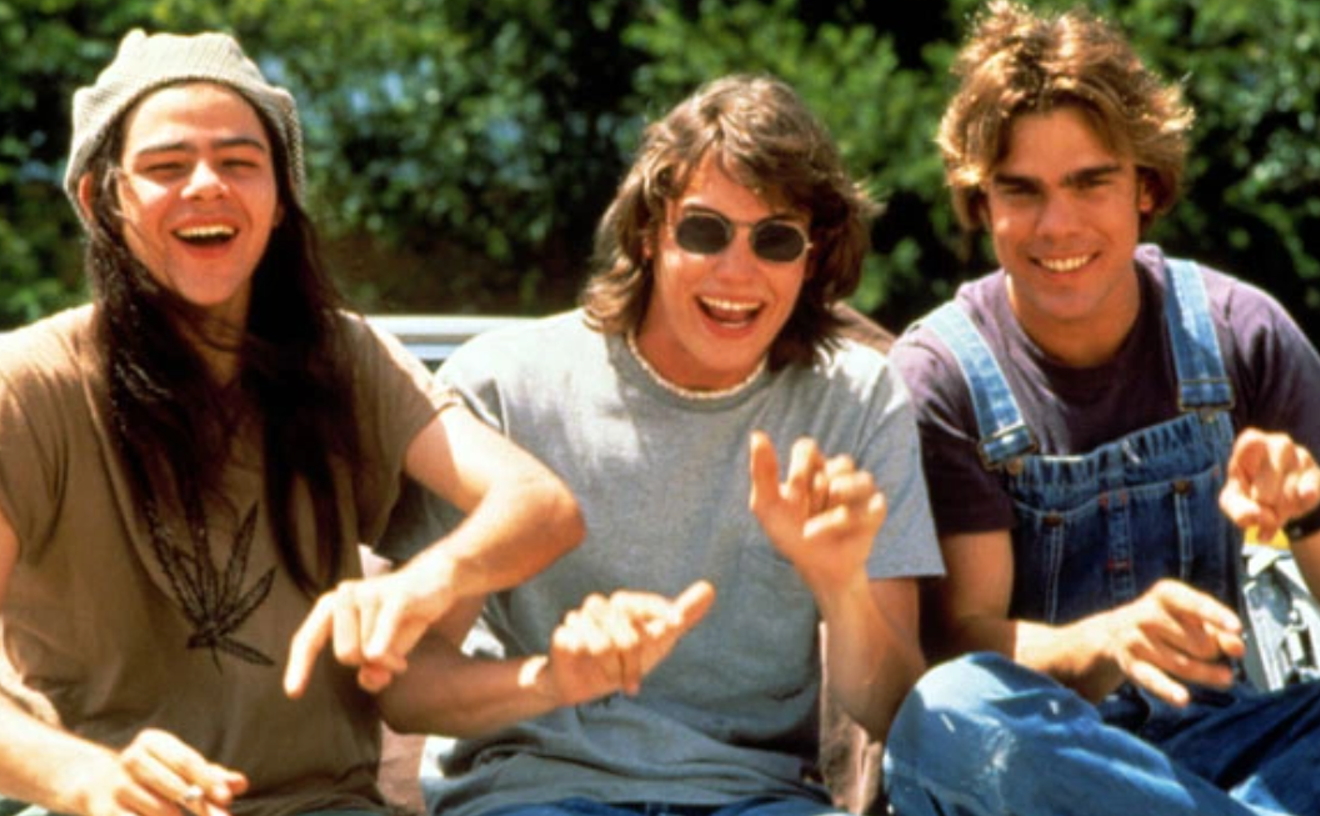There's a moment at the beginning of Tower Heist, the new comedy opening Friday by director Brett Ratner (the Rush Hour series), when you can almost forget years of Eddie Murphy's career.
Murphy stands on the sidewalk taunting Ben Stiller as he passes by in his best suit ("punk-ass bitches" belong on the other part of the sidewalk), just as, back in 1983, Murphy taunted Dan Aykroyd in the biting satire Trading Places. We'll admit to getting a little nostalgic for '80s Murphy, freed from his many fat suits.
Unfortunately for the film, Murphy's not on screen the whole time, and what narrative trudges on without him is often disappointingly bland.
Tower Heist is a film for the 99 percent. Set in New York City at an expensive condo building where the staff are the best amenity, the film is all about the little guys getting even with the man at the top. In this case, that's literal: The villain is Arthur Shaw, a Wall Street mogul arrested by the FBI for stealing $2 billion, who lives in the penthouse suite.
Find out what Eddie Murphy had in mind when he first pitched the idea for the film after the jump.
Shaw is played by Alan Alda - looking more and more like Sid from the Ice Age films - whose lack of empathy in delivering his dialogue is disturbingly on point. Leading the band of merry men to rob Shaw, after it is revealed that he also defrauded the Tower employees out of their pensions, is Stiller as Josh Kovacs, the building manager.
Casey Affleck, Michael Pena, and Oscar-winner Gabourey Sidibe play Tower employees and members of the heist team, joined by the only increasingly lovable Matthew Broderick as Mr. Fitzhugh, a disgraced and bankrupt Tower resident whose condo is foreclosed on.
But Murphy's presence also calls to mind what might have been: Murphy originally pitched the idea for this film back in 2005, when the band of modern-day merry men were set to rob Trump Tower.
The key difference is that Murphy pitched the idea with a cast of fellow African-American comedians (including Chris Tucker, Martin Lawrence, and Dave Chapelle). When this idea was scrapped, Murphy only returned to the project after Stiller signed on, many years later.
We'll never know if this hypothetical film pitched by Murphy would have had the punch this film is sorely missing.
In a climate of anger -- with continuing and expanding Occupy Wall Street protests and accusations of "class warfare" -- Tower Heist seems to set out to be as inoffensive as possible.
One of the most cutting lines, strangely enough, is critical not of the Bernie-Madoff-spinoff represented by Shaw but of the people who invested with him: Sidibe (as Odessa) looks fiercely at Josh, the one who asked Shaw to manage the employee pensions, declaring that she never asked to triple her money. Her implication is clear: Josh's greed is no better than Shaw's.
Tower Heist has so far received enthusiastic reviews, if largely distracted by the glimmer of the Eddie Murphy we all missed. It is not necessarily a bad film, just a film that settles when it could rise to something greater - and that's ignoring the wild suspension of disbelief required to sit through it.
Seeing this band of likeable little guys fight against the injustice perpetrated against them will bring a smile to your face, but the payoff is too short-lived and the ensemble cast (we haven't even mentioned Tea Leoni, as a particularly saucy FBI agent) is too often wasted. Tower Heist may be aimed at the 99 percent, but its problematic brand of bland uprising will only really connect with the 22 percent.
And they're much less likely to make signs.










